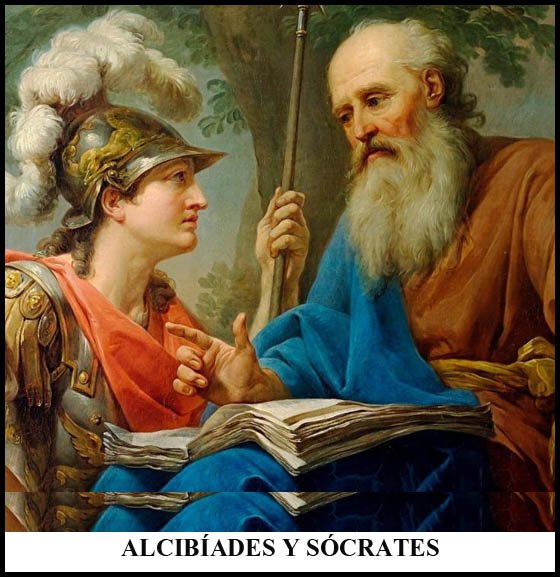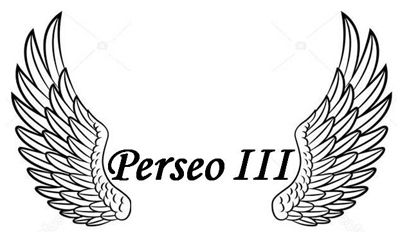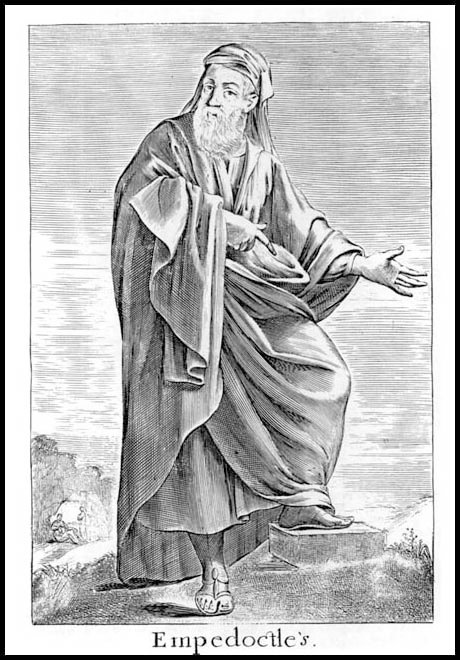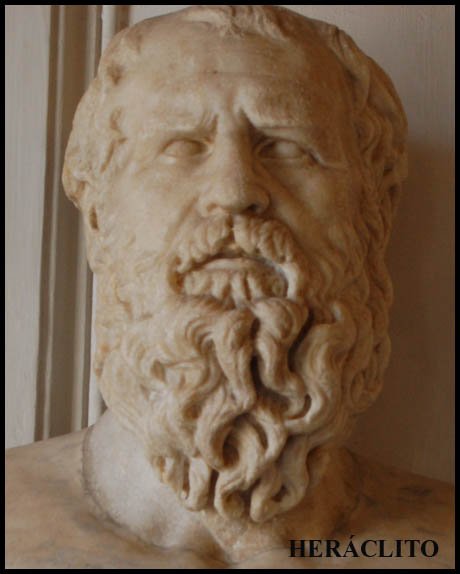The intellectuals’ wreck

There is a commentary attributed to the famous physician and philosopher Empedocles, according to which it was preferable to uncover some etiology than to govern the throne of Persia.
In this statement, from a man who lived four hundred years before our Christian era, is contained a way of understanding the activity of the thinker.
The author of these words is an intellectual, an indefatigable seeker of reasons that explain not only the being of things, but what happens in each moment.
Empédocles hints that his thinking is not interested in the day-to-day life experience. He prefers to launch his medical research, instead of confronting the daily routine of running a government. The search for etiology distances him from the world of men.
Empedocles is heir to the intelligentsia of Socrates. It is the concretion of a thought that has overcome the mysteries of the myth, of the religious.
It is not the process of thinking that is going to characterize the intellectual. Take for example that Heraclitus, who is a great thinker, tried to find the origin of things in the fire. Before him no one had came up with such a thing. Why do not we consider him an intellectual in the style of Empédocles? Because his thought is not separated from the cosmic and vital experience. The physics of Heraclitus of Ephesus is anchored to the mystery that explains life, its roots sink into the "ever-living fire".
It does not matter that Heraclitus denies the gods and myths; that refuses to admit the existence of invisible beings that inhabit sacred groves and drink from miraculous sources. What places him in a position other than intellectual is that he cannot separate his thought from an idea anchored in the experience of life: fire.
.
Instead, Socrates is a thinker who has cleaned his religious traits from his way of thinking. His intellectuality is not only incompatible with mystical, political or natural gods. Here he coincides with Heraclitus, but they differ in that there is no explanation about the origin of things that is attached to any natural component such as fire. His world is the world of pure ideas. Here is the birth of the intellectual.
In our time, intellectual thought has followed that path of autonomy in relation to reality. The tendency of thinkers is to focus on the limits of their mental schemes, what they call the paradigm.
This of course can cause problems, intellectual thinking has become corrosive, has stripped the life of its meaty pulp, which is nothing but the experience.
The reality of the laboratory, in the case of natural sciences, or theoretical or hypothetical formulations, in the case of the social sciences, loses its substance when they set aside human beings of flesh and blood.
Intellectuals forget that they are those human beings, full of feelings, beliefs, uncertainties.
It is important that the intellectuals are promoters of the human being, that they can return to a humanly ethical approach, that they do not stop perceiving the presence of the absurd, and, above all, that they are fully aware of the existence of ignorance and human stupidity.
We’ll read each other again.
To continue philosophizing.
The first philosophy was physical..
The philosophical contents of physics
I appreciate all your comments.






Go here https://steemit.com/@a-a-a to get your post resteemed to over 72,000 followers.